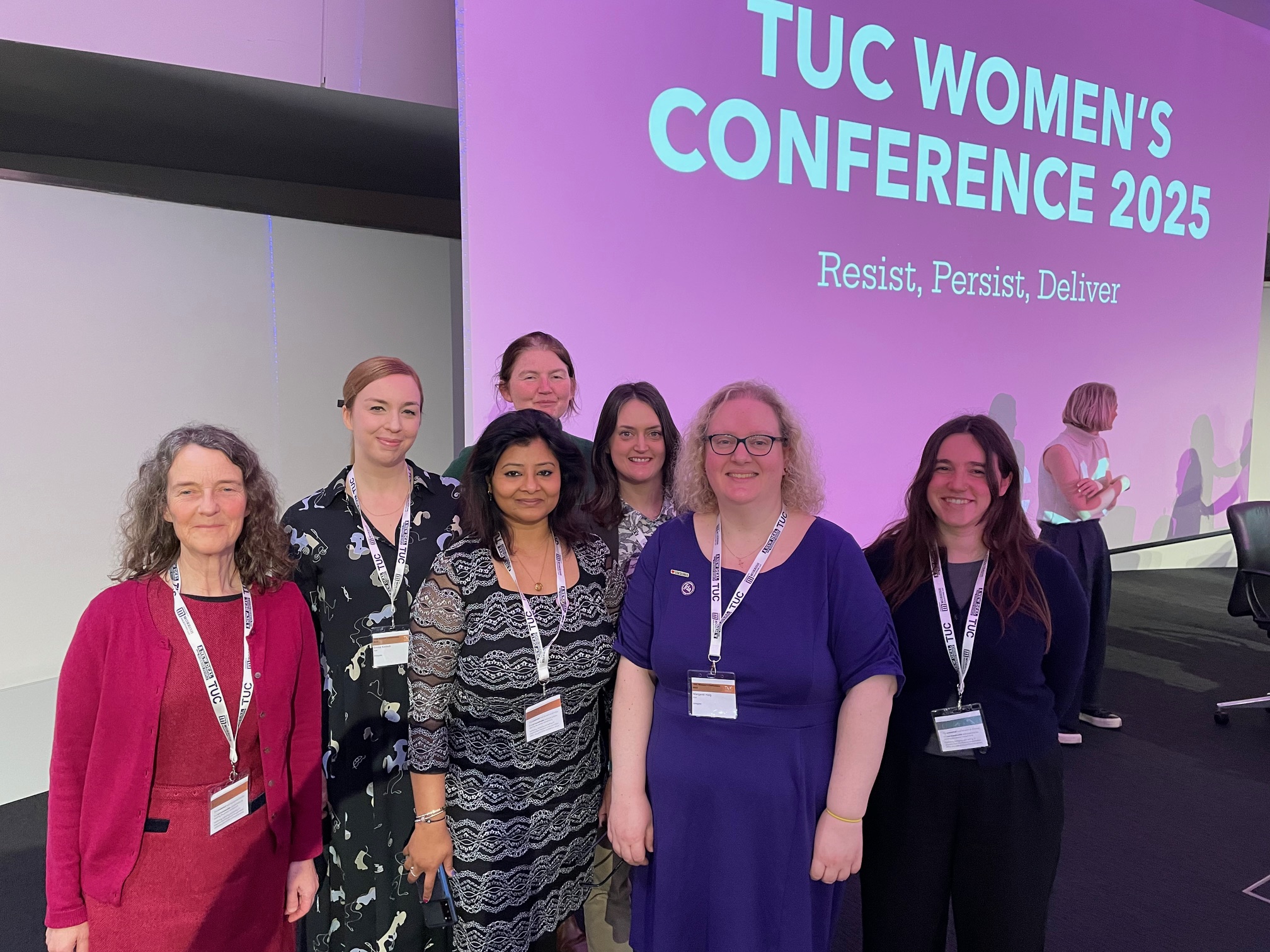Pride Month 2024: “chance to reflect on the state of play of LGBT+ equality in the civil service”
This Pride Month, a delegation of FDA members will attend the TUC LGBT+ Conference in London. Our lead delegate and Executive Committee member Simon Percelay looks ahead to the conference and reflects on the state of play of LGBT+ equality in the civil service.

On Thursday 27 and Friday 28 June, I will have the pleasure of attending the Trades Union Congress’s (TUC) LGBT+ Conference, leading a delegation of fellow members to represent the FDA.
LGBT+ equality has come a long way over the past two decades, yet progress can still be made on reducing workplace inequalities or upholding and strengthening rights. The recent rise in divisive public interventions, whether arbitrarily questioning spending on equality, diversity and inclusion in government departments, micro-managing civil servants’ use of lanyards or creating an intimidating climate for trans and non-binary colleagues, reinforces the importance of unions remaining active and determined in their support of LGBT+ workers.
The TUC conference provides the opportunity to come together with colleagues from across the union movement, debate key LGBT+ issues, and set our priorities for the coming year. I am looking forward to the discussions around the motion from Prospect, on ensuring the safety of LGBT+ people working abroad, which will be of particular relevance to our colleagues working in diplomacy, international trade and negotiations; the motion from Usdaw and RMT, looking to continue the fight against HIV discrimination in the workplace; the motion from the National Union of Journalists, calling for a campaign against the decline in LGBT+ journalism to protect the public visibility of LGBT+ issues; and the multiple motions supporting trans colleagues’ right to work in a respectful environment, free of discrimination.
Beyond the conference itself, Pride Month also gives us the chance to reflect on the state of play of LGBT+ equality in the civil service. Data collection on trans colleagues remains poor: civil service diversity questionnaires collect information about sexual orientation through the Lesbian, Gay, Bisexual and Other (LGBO) category, but respondents are rarely asked whether they are transgender. Without that data, employers and unions are unable to see and assess the systemic trends that could be affecting trans civil servants, whether on the prevalence of bullying, harassment and discrimination, pay inequalities, working circumstances, or grade distribution. Gender reassignment might be a protected characteristic under the Equality Act, but it remains, sadly, common practice for equality impacts assessments to forego analysis of measures and policies in that area by citing a lack of available data.
Separately, analysis conducted by the Institute for Government indicates a higher rate of self-declared LGBO (i.e., non-straight) identities among Grades 7 and 6 and the senior civil service than in more junior grades. However, that gap has gradually reduced over the years at the same time as the overall LGBO declaration rate increased. In 2016, 3.5% of staff in EO grades and 5.3% of SCS staff identified as LGBO; in 2022, the figures had gone up to 5.9% for EOs and 6.6% for SCS – reducing the gap from 1.8 to 0.7 percentage points. This may be the result of a genuine increase in LGBO individuals at these grades, or it might simply represent a growing proportion of LGBO colleagues becoming willing to declare their sexual orientation to their employer. Either way, this is a helpful reminder that developing an accurate picture of workforce diversity remains a work in progress.
Beyond data collection, unions play a key role in many other issues affecting LGBT+ colleagues – from advising and supporting members in cases of bullying, harassment and discrimination to ensuring that employer policies take account of the diverse range of living and working circumstances. Let’s use Pride Month as a chance to reflect on how we best serve and represent our LGBT+ members.
Want to get involved in equality issues in your workplace? Contact equalitymatters@fda.org.ukRelated News
-

FDA attends TUC Young Workers’ 2025
This March, an FDA delegation attended the annual TUC Young Workers’ Conference in Congress House, London.
-

FDA celebrates Women’s History Month 2025 with panel event
To celebrate Women’s History Month and International Women’s Day 2025 the FDA hosted a panel event looking at the history of women in the civil service and within the trade union movement.
-

FDA attends TUC Women’s Conference 2025
A delegation of FDA members attended TUC Women’s Conference 2025, held in Congress House, London, from 5-7 March.